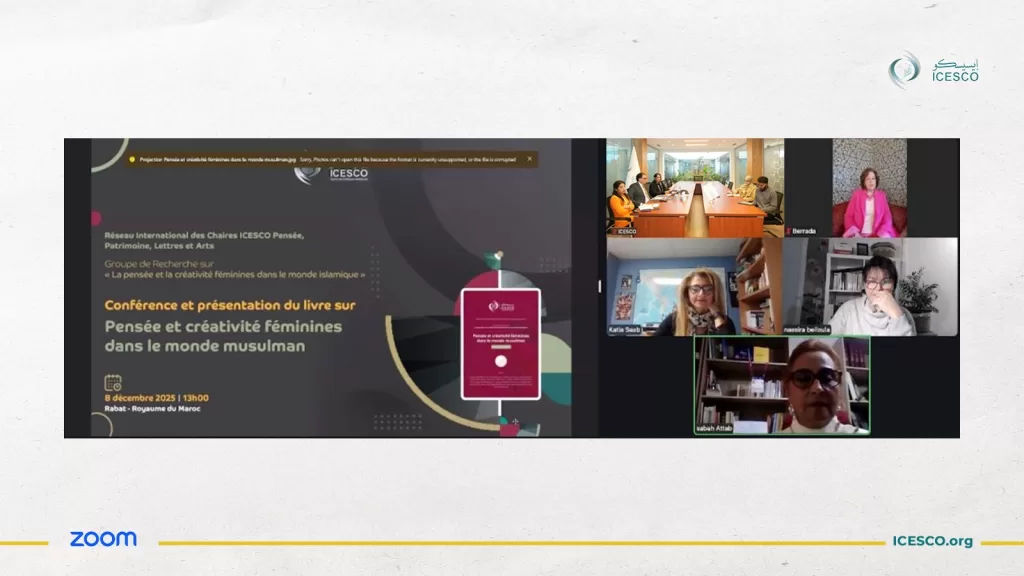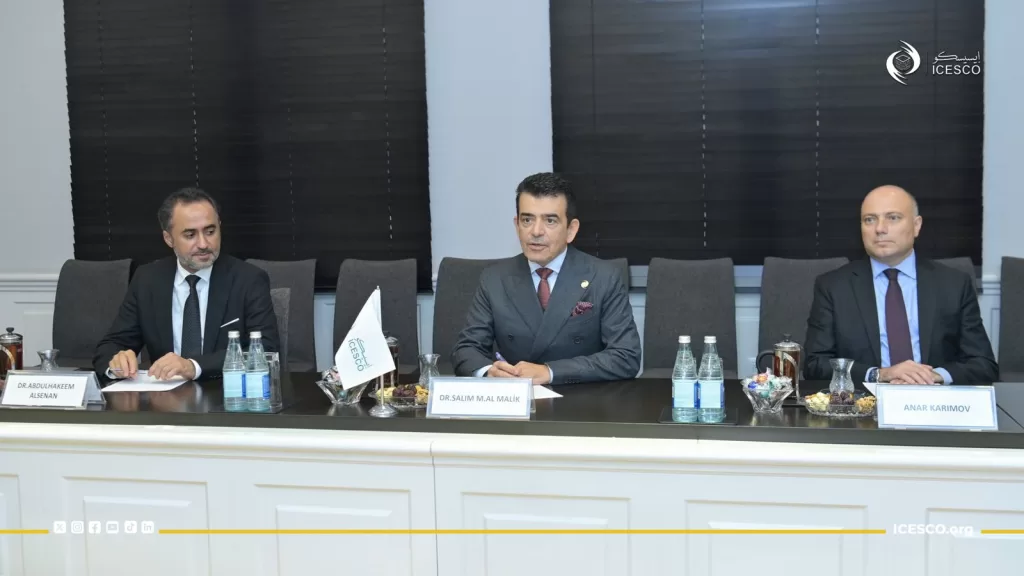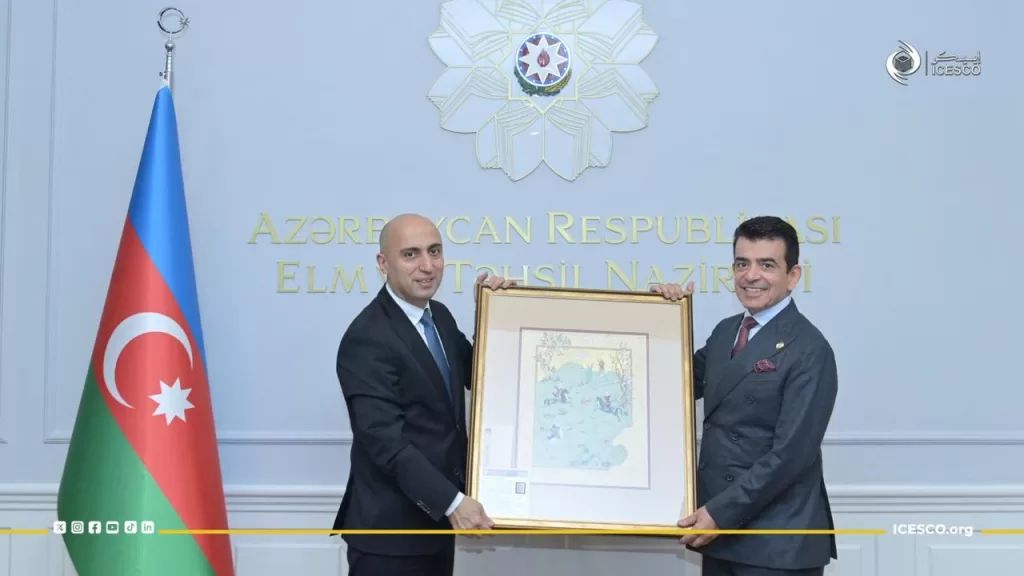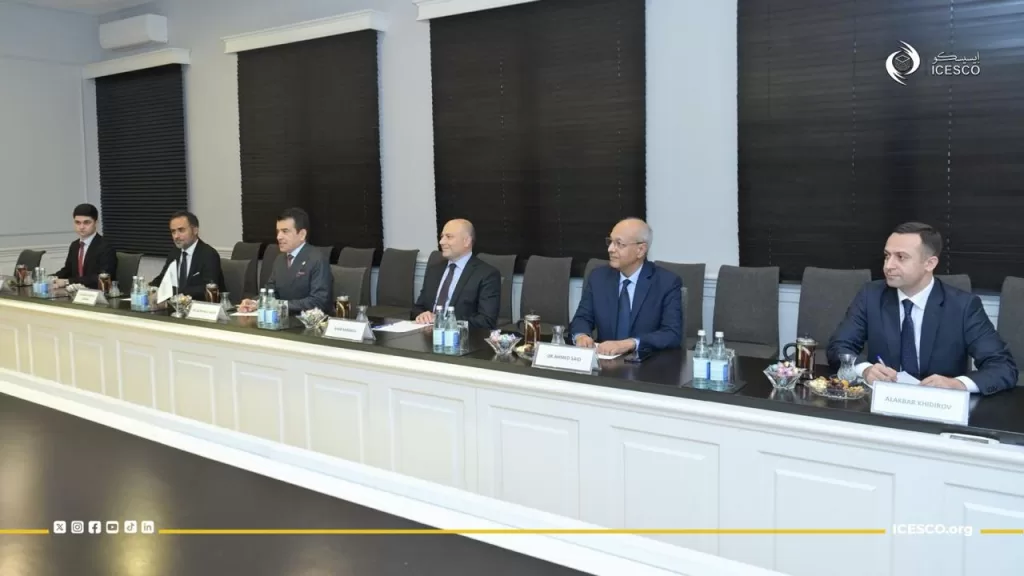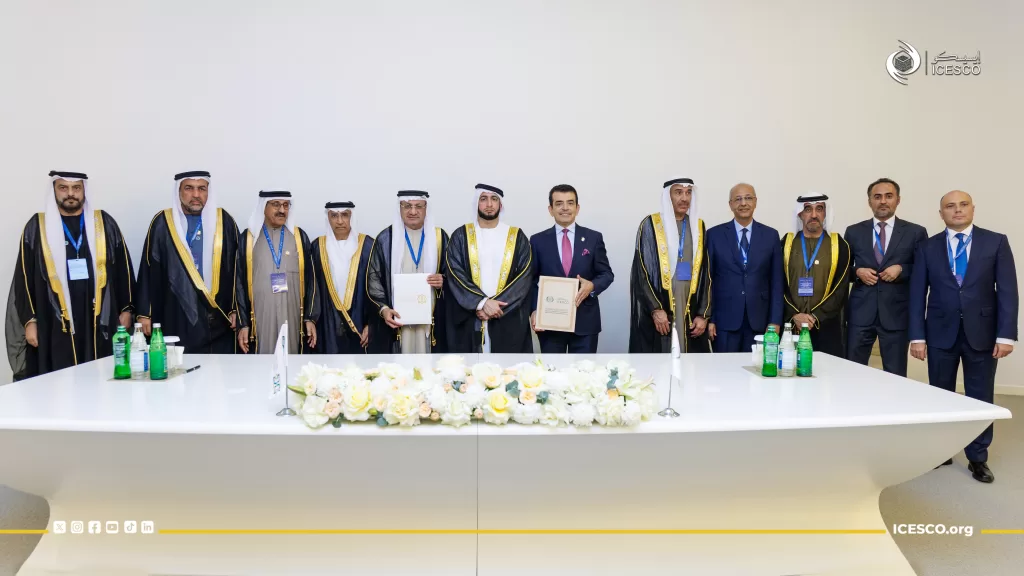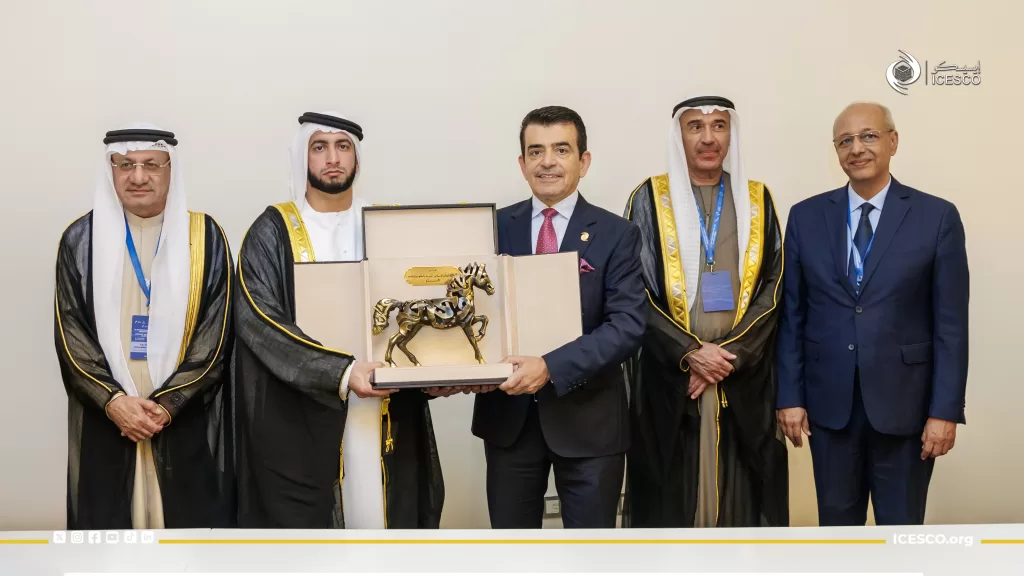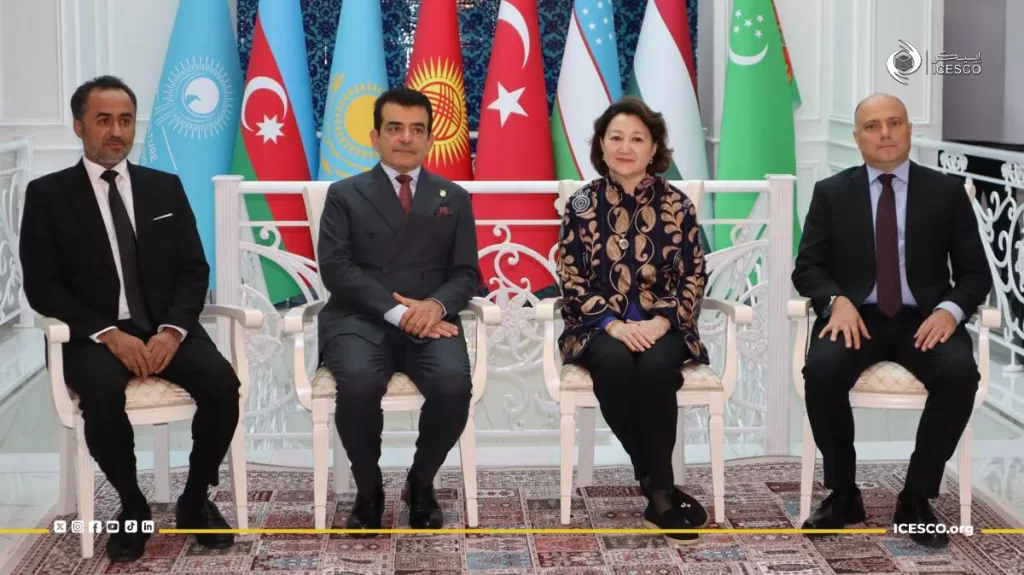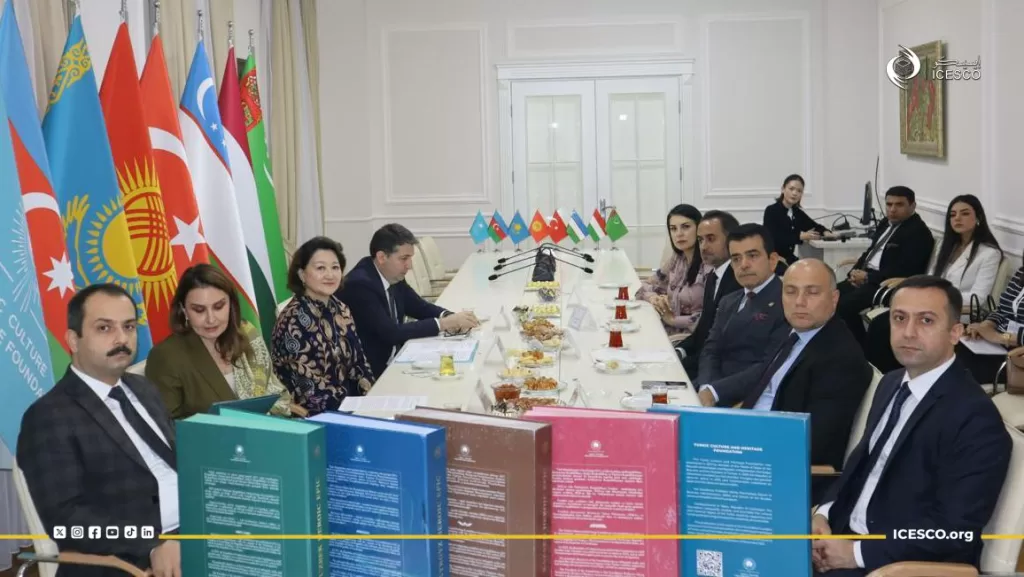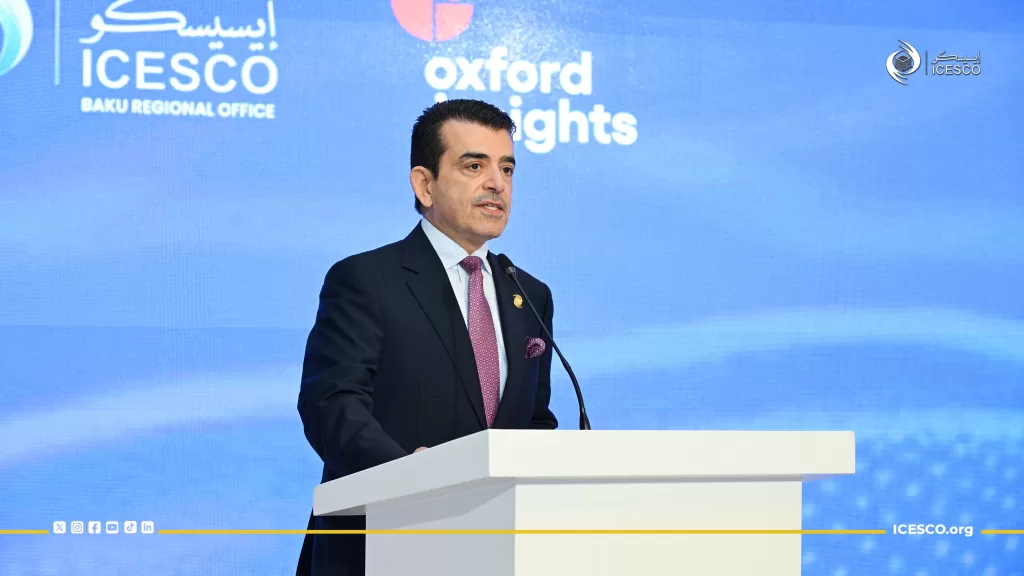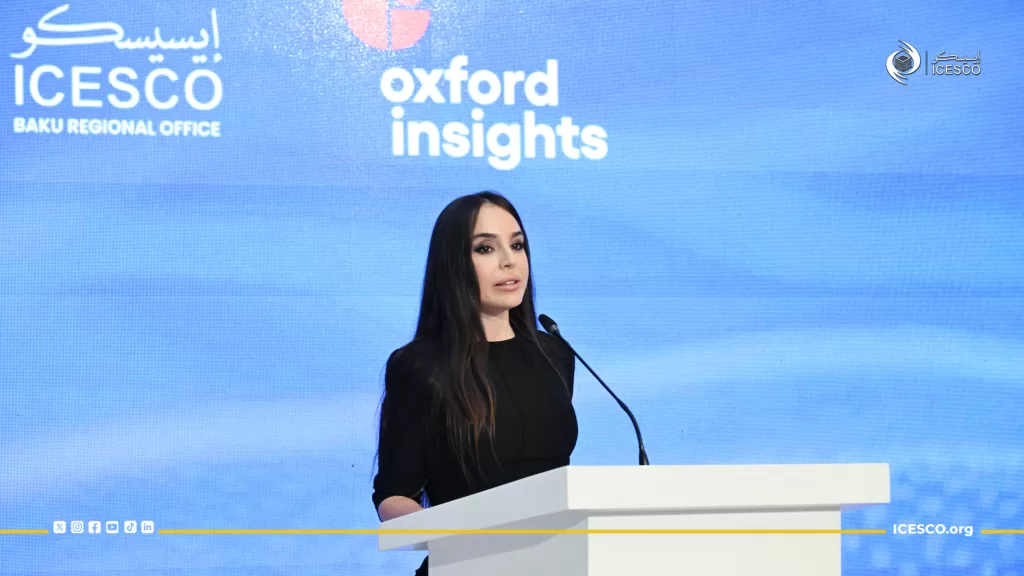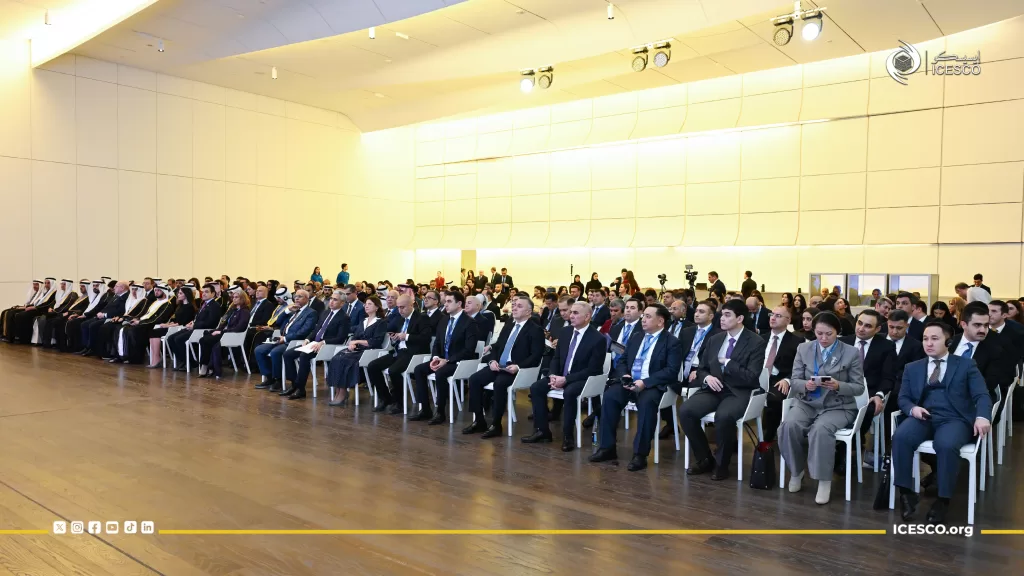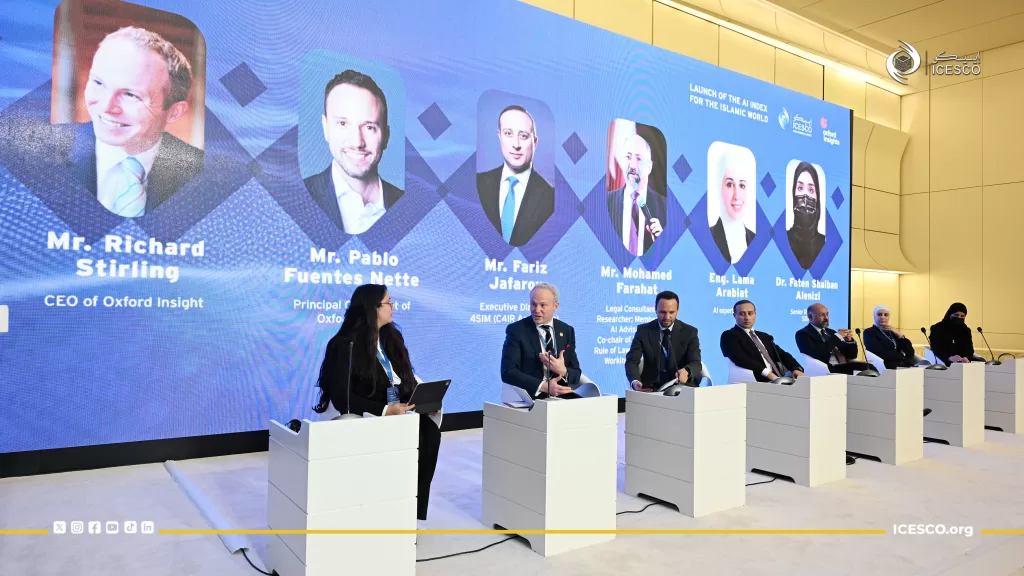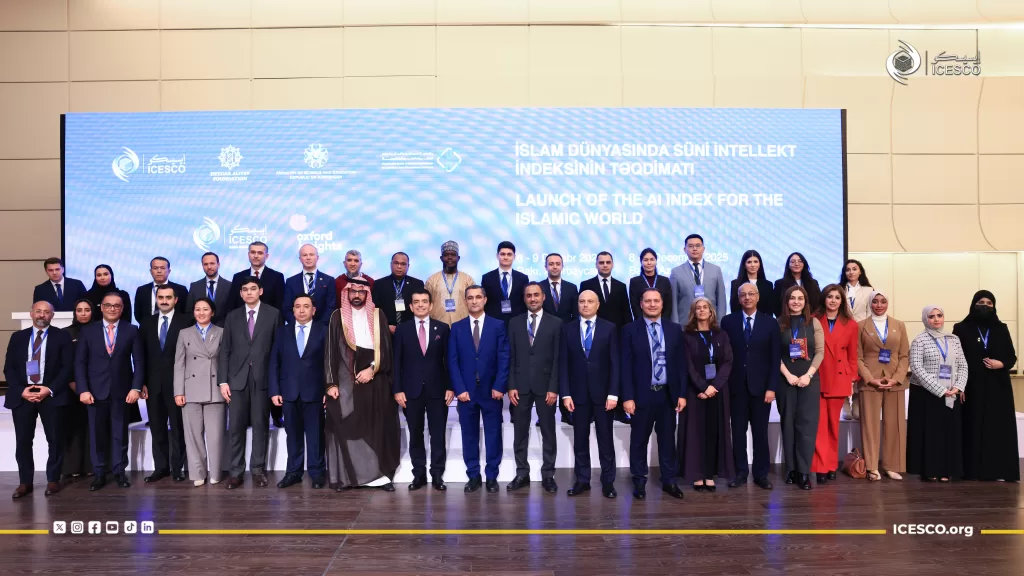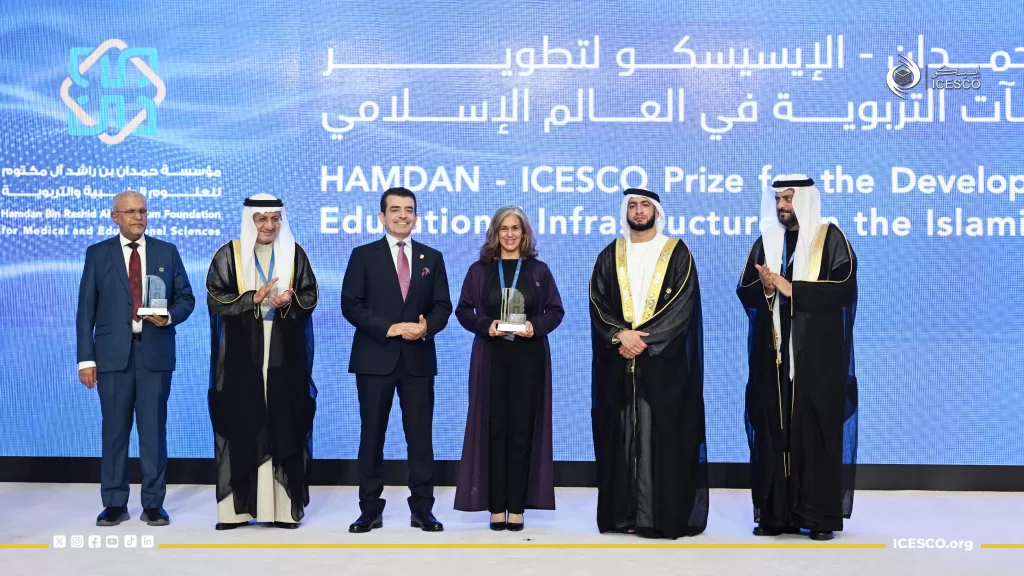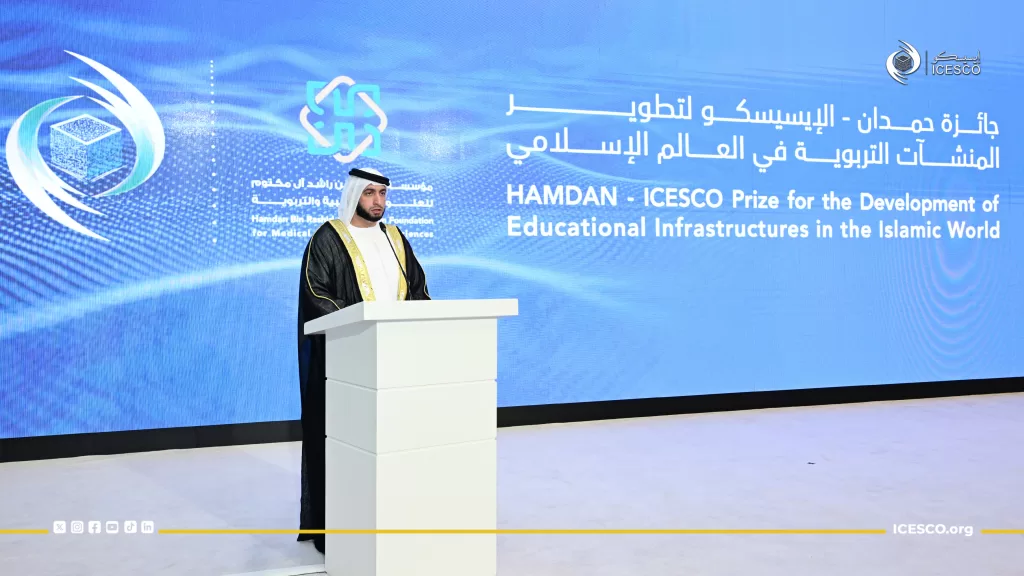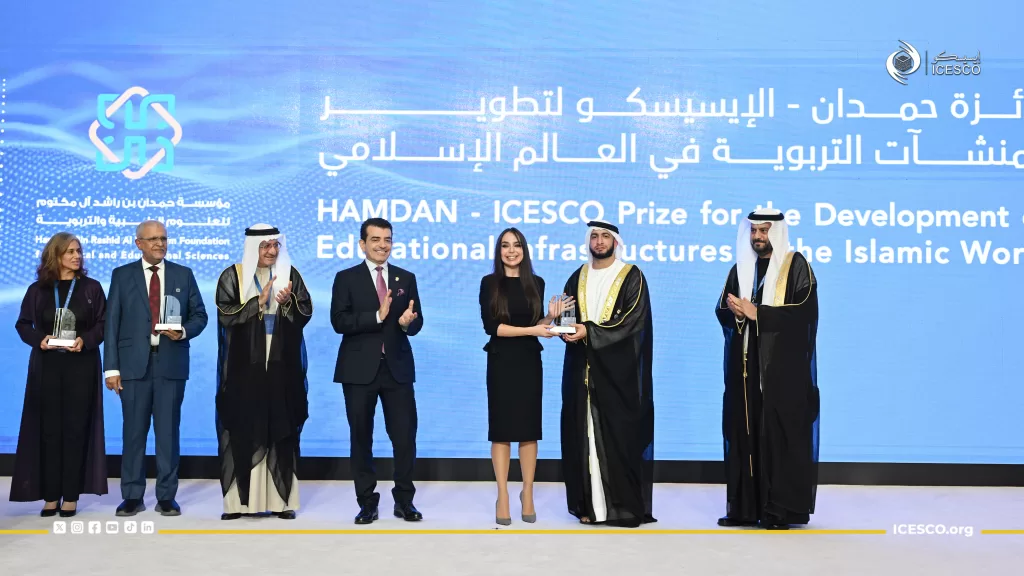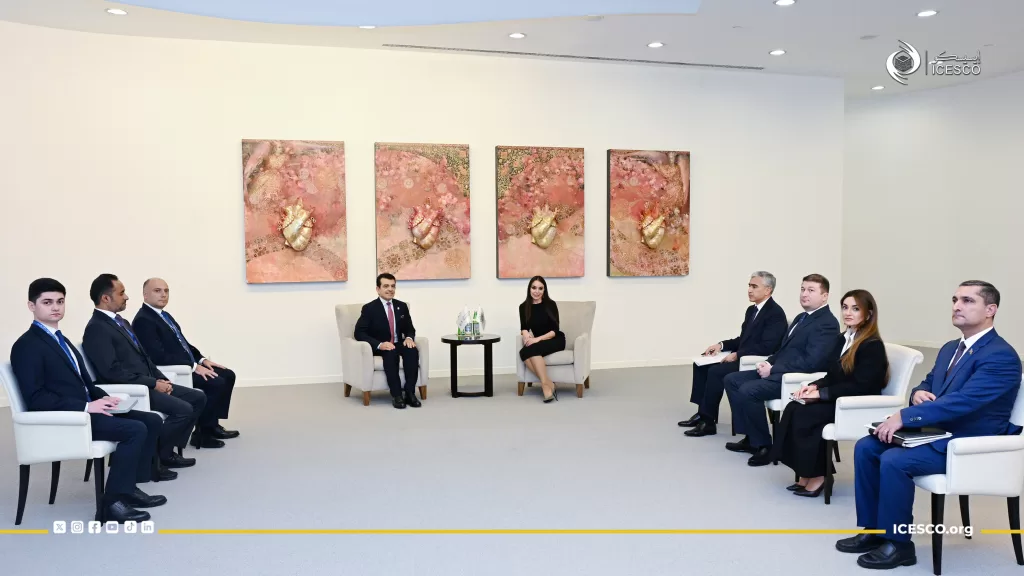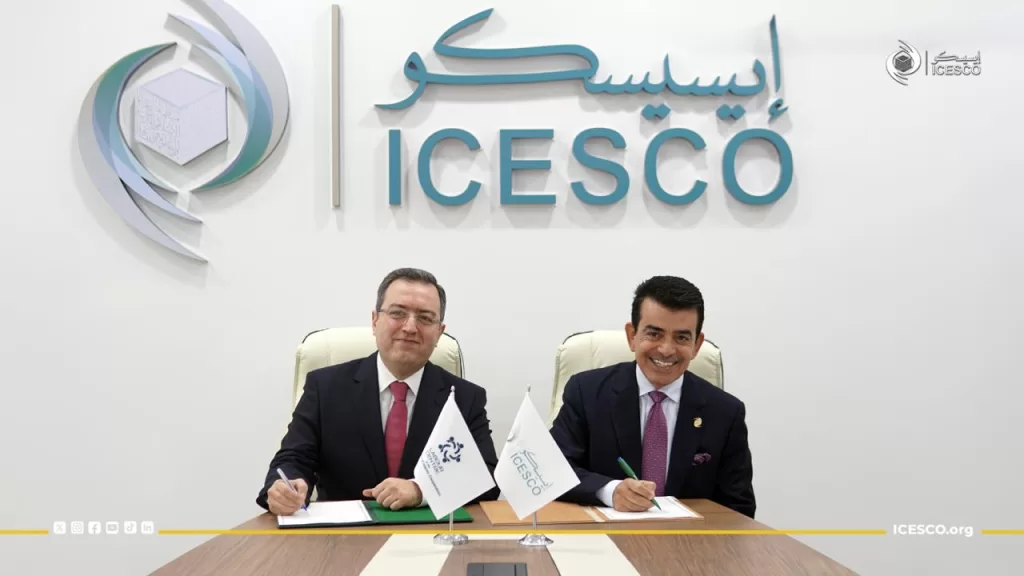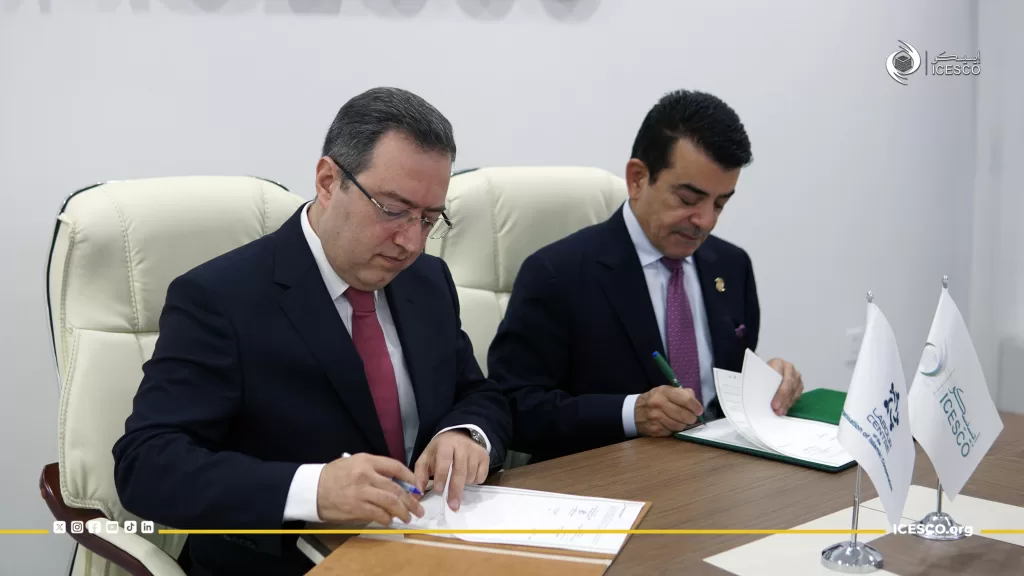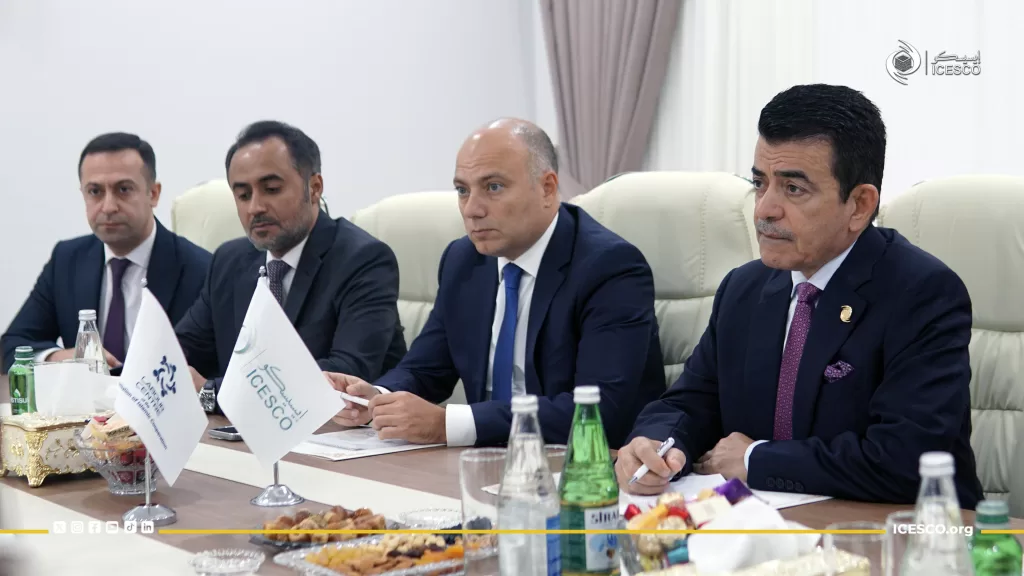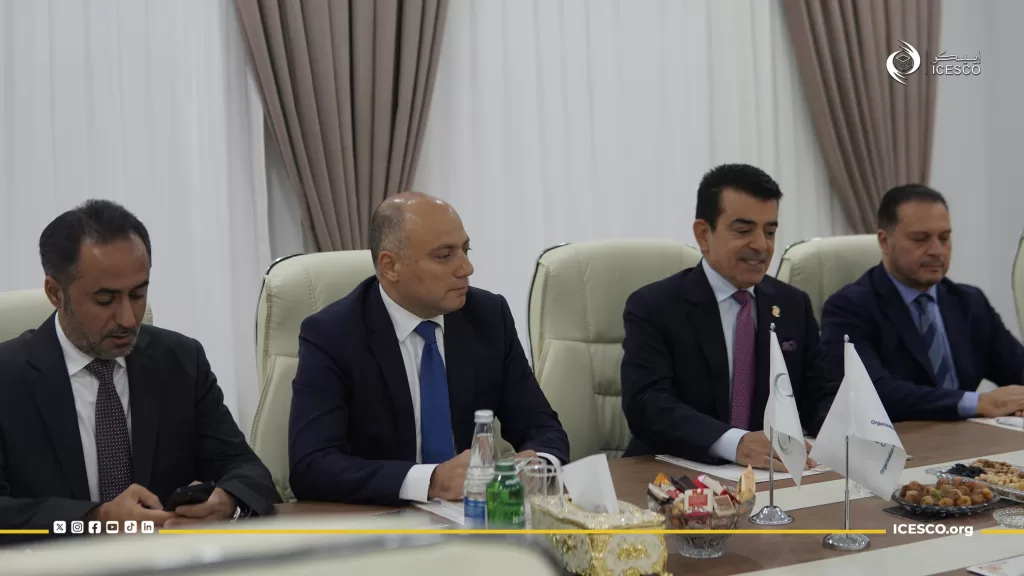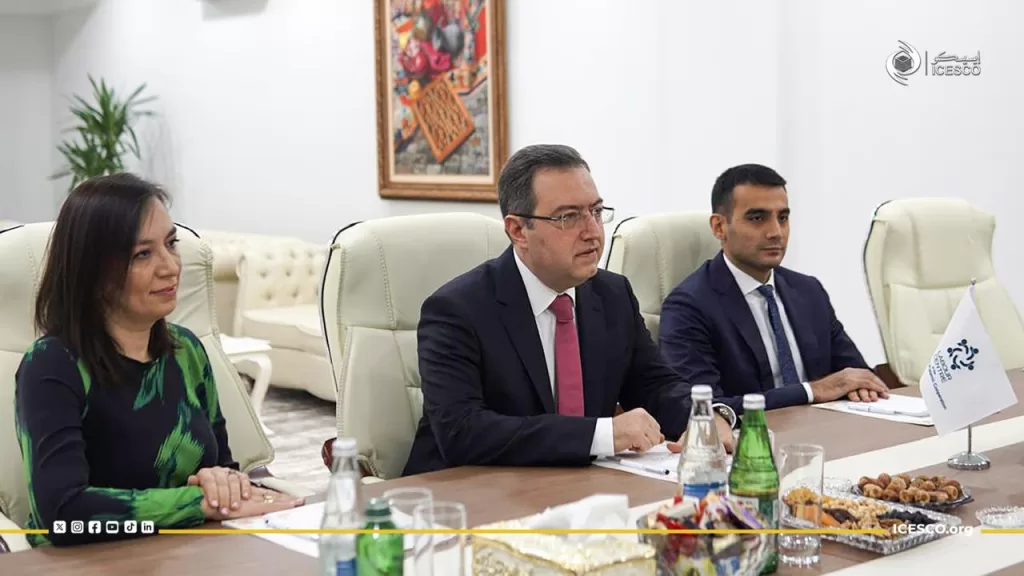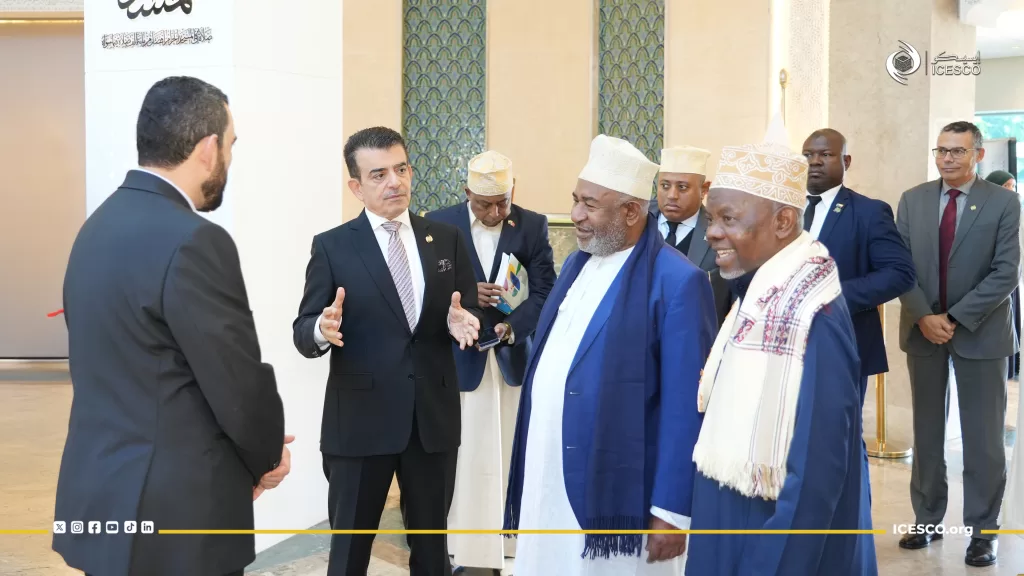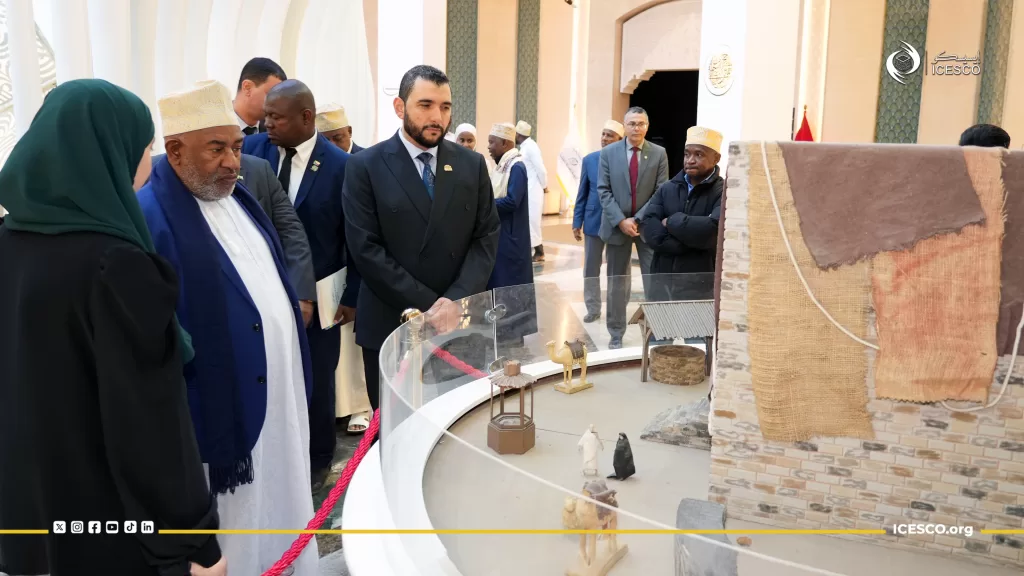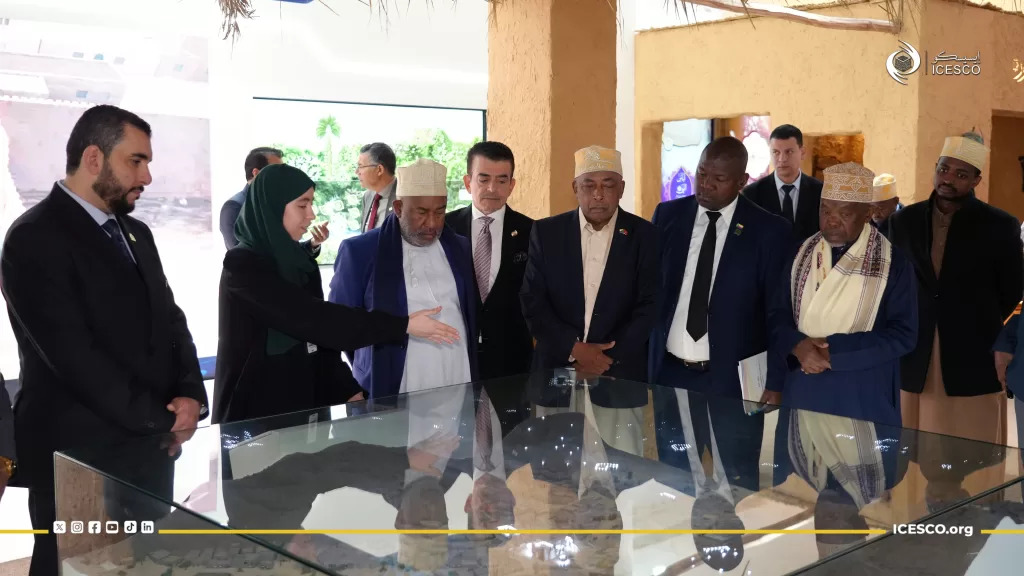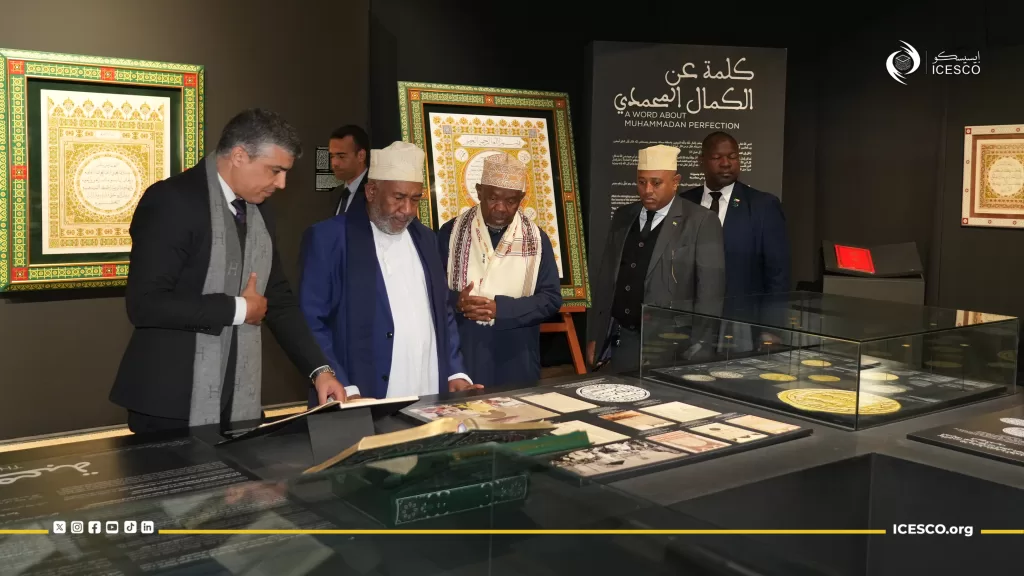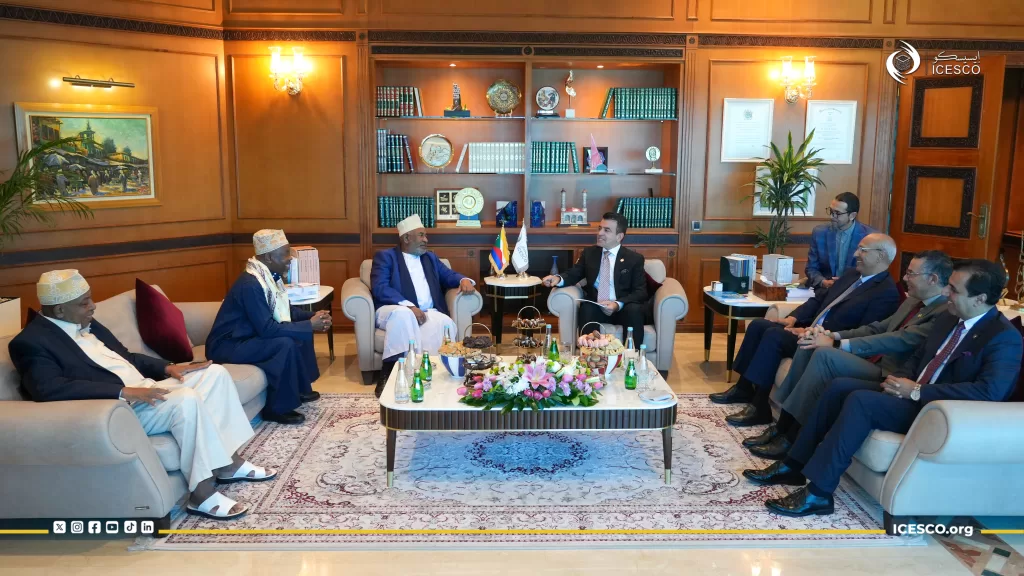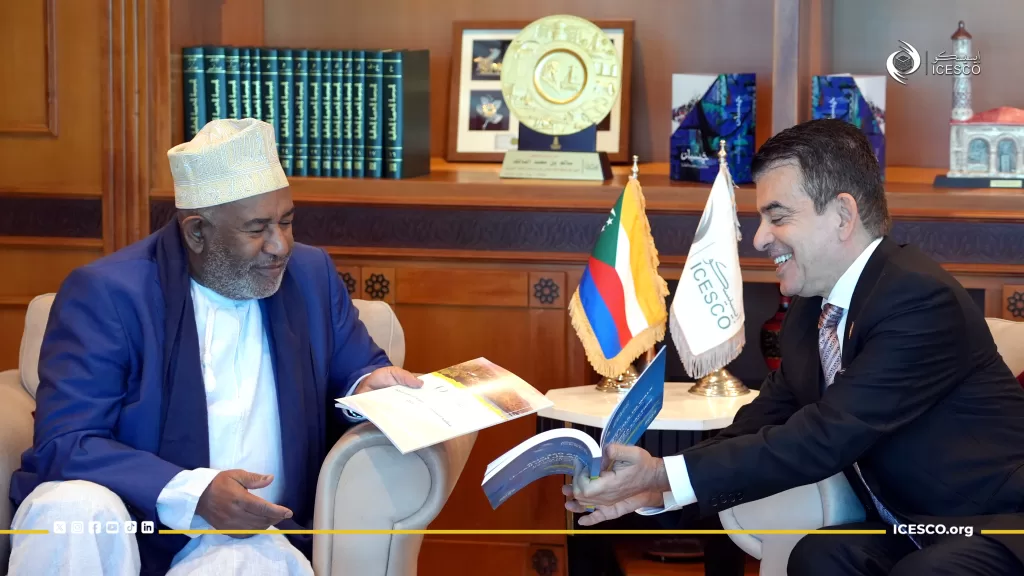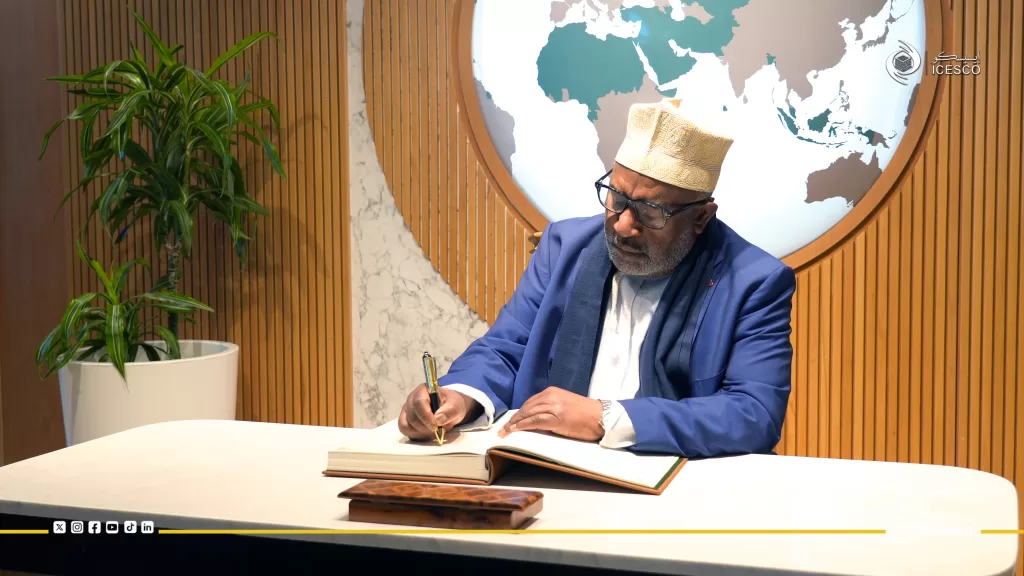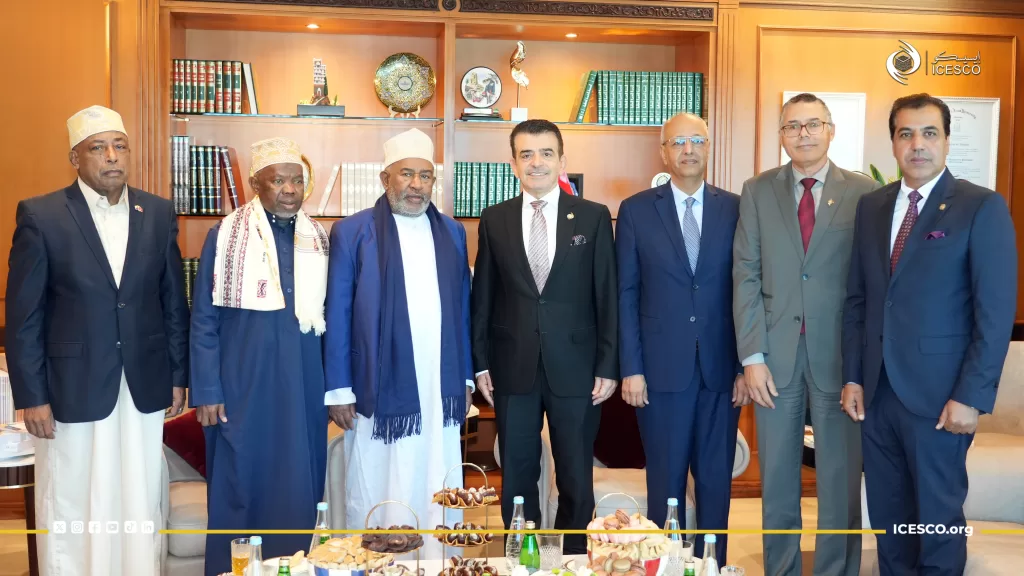As part of ICESCO’s Forum “Culture for Rethinking the World,” the Islamic World Educational, Scientific and Cultural Organization (ICESCO) held the first discussion session of its research group “Women’s Thought and Creativity in the Islamic World,” coinciding with the launch of a new book titled Women’s Thought and Creativity in the Islamic World, which includes 14 academic articles by a group of female researchers.

In his address during the virtual session held on Monday, 8 December 2025, Dr. Mohamed Zinelabidine, Head of Culture Sector at ICESCO, stressed that the establishment of this research group strengthens the Forum’s international reach, positions culture as a lever for reflecting on global transformations, and reaffirms the importance of women’s scientific and artistic contributions in the Islamic and Arab worlds.
For her part, Dr. Sally Mabrouk, Director of the Office of the Director-General and Supervisor of the Strategy and Institutional Excellence Sector at ICESCO, reviewed the Organization’s efforts to support women and highlight their civilizational roles, noting that ICESCO has made women’s creativity a central theme in several of its programs.
The session featured a series of scholarly interventions presented by the group’s coordinator, Dr. Zoubeida Boukhari, International Consultant in Culture, Education and Environmental Communication, along with several researchers from Arab, European, and African countries. They showcased examples of pioneering women in the fields of thought, literature, science, arts, and medicine, reflecting the diversity of women’s presence in intellectual and cultural domains.
The discussion session featured the participation of:
AMori-EdwigeCherif (France), Naïma Berrada Guennoun, Sabah Attab, Dounia Siraj (Morocco), Katia Saab (Lebanon), Fatma Ben Mahmoud, Olfa Abid, Oujdene Jerbi, Amira Loubiri, Rim Foughali (Tunisia), Amel Alchazli (Egypt), Neheda Mohamed Ali (New Zealand – Iraq), Nassira Belloula (Algeria),
Mori-Edwige Traoré (Burkina Faso).
